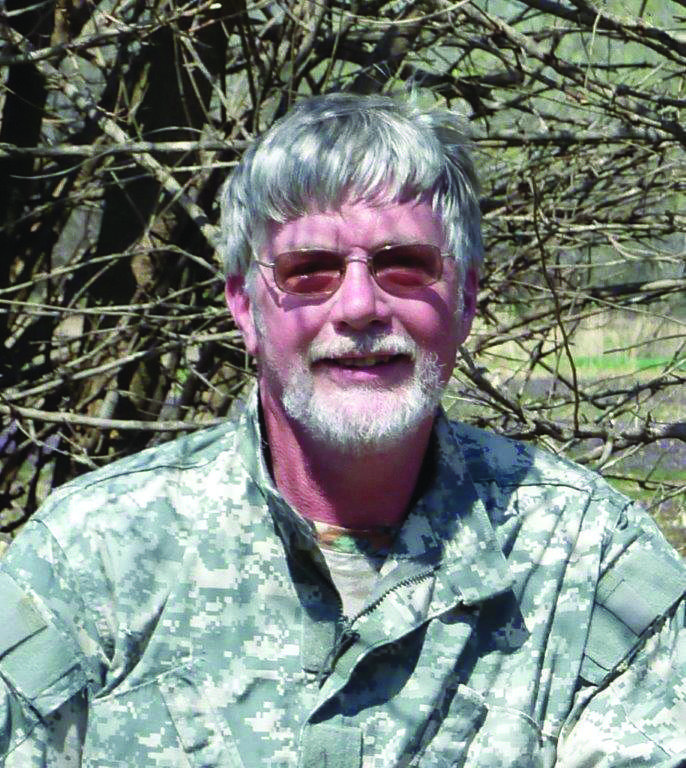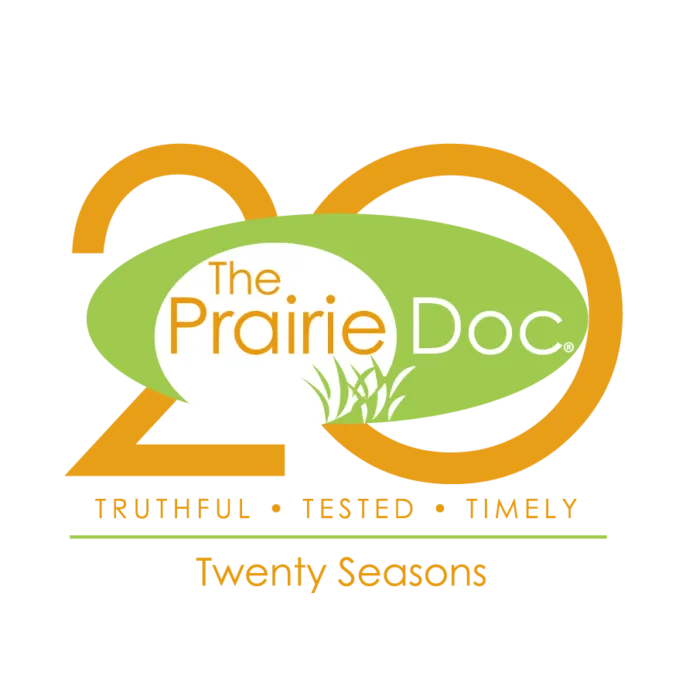Children and Christmas morning is a combination that often results in memorable moments.
That’s what happened in the living room of a rural farmhouse one Christmas Eve.
The five-year-old daughter of the family had begged and begged her parents for a new puppy for Christmas. It wuz her heart’s desire. So, her parents oh-so-cautiously bought her a cute Beagle puppy.
When they brought the puppy home late in the afternoon of Christmas Eve, the little puppy pooped under the Christmas tree before her father could hide it and get it settled in comfortably on the covered porch.
Before her folks could clean up the puppy mess, their daughter burst through the living room door with her grandparents. She’d been helping Grandma bake some cookies for the holidays.
Naturally, when the daughter entered, she ran straight to the tree to take another glance for new presents before supper. She instantly spotted the stinky puppy surprise! Seeing the poop pile on the floor, she turned to her mother and said, “”Mom, I think you need to give the Christmas tree a time out.”
“Why?” her mom asked curiously.
“Because it pooped on the floor!” her daughter yelled.
***
A thoughtful reader from central Kansas contributed this Christmas morning story by e-mail. It happened quite a few years ago.
The presents were all stacked under the tree on Christmas morning when the three young kids in the family came rushing down the stairs at 5:30 a.m. to start opening their gifts and checking their stockings for Santa surprises. The kids were noisy and fairly vibrating with excitement.
Suddenly, in the midst of the gift-opening clamor, the family members stopped everything because they heard a loud banging that sounded like it came from the chimney.
The kids looked at the fireplace with open mouths, then one of them asked, “Is Santa stuck in there?”
Naturally, parents and kids rushed out into the yards and looked up. What they saw made them all burst into laughter. They saw a family of filled-with-the-spirit-of-the-holidays raccoons scurrying around on the rooftop doing their own celebration playing with the Christmas lights the family had decorated their home with.
***
The recent snow we had got me to thinking about how much snowier the winters were when I wuz a kid attending one-room schools in southeast Kansas. They were South Fairview, North Fairview, and Stony Point. I recalled when it snowed, our favorite recess game wuz Fox & Geese. If I remember correctly, the game consisted of a “home base” stomped down in the middle of three lane-connected concentric circles. Some school kid was “It” and tried to tag some other kid that wuzn’t inside the “safe home base.”
Of course, we also built snowmen, had snowball fights, and made snow angels. We’d all get sopping wet and then try to dry our gloves, coats and wet clothes by gathering around the red-hot Ben Franklin stove in the school house.
When not in school, a favorite snow weather fun time wuz had by riding on a sled pulled either by horse, tractor, or pickup truck. It’s a wonder we didn’t decapitate someone by sliding under the bumper.
***
This is not Christmas related, but Nevah and I enjoy watching the show “Landman” on television. It’s a show about the dark under-belly of the oil and gas bizness. I admit, the show’s language is filthy and crass, but, if you’ve got a warped sense of humor like I do, it’s also funny.
I seems like every week, the main character, Tommie Norris, played by Billy Bob Thornton, expresses what I call a “linguistic zinger.”
Here’s two such zingers from the last two shows. The first wuz when Tommie had to handle the funeral of his abusive mother that he hated. When the funeral director asked him about flowers, his zinger response wuz: “Do enough to show I tried, but not enough to show I cared.”
The second zinger wuz when Tommie described a tightly-wound young female lawyer who is up to her eyeballs in pressure to resolve oil patch lawsuits. He described her as: “If she swallowed a chunk of coal, she’s have a diamond in three days.”
***
I’ll close this holiday column with some Aggie Puns I found on the internet. Here they are:
For cattle folks: “Merry Christmas and a Happy Moo Year!”
For dairy folks: “Have an udderly merry Christmas!”
For chicken folks: “Hope your Christmas is egg-stra special!”
For sheep folks: “Have a wool-derful Christmas!”
For hog farmers: “This Christmas is sow awesome!”
For crop farmers: “I’m soy excited for Christmas!”
For chore doers: “Jingle bells, jingle bells, and hay bales, all the way!”
For all rural folks: “Wishing you a ho-ho-hoedown holiday!”
For all rural folks: “May your barn be warm, and your Christmas home be merry and bright!”
***
Enuf drivel from me. Let me wish every single one of my faithful readers the absolute best of good health and prosperity for the holidays and may the New Year be a good ‘un for you and yours.





